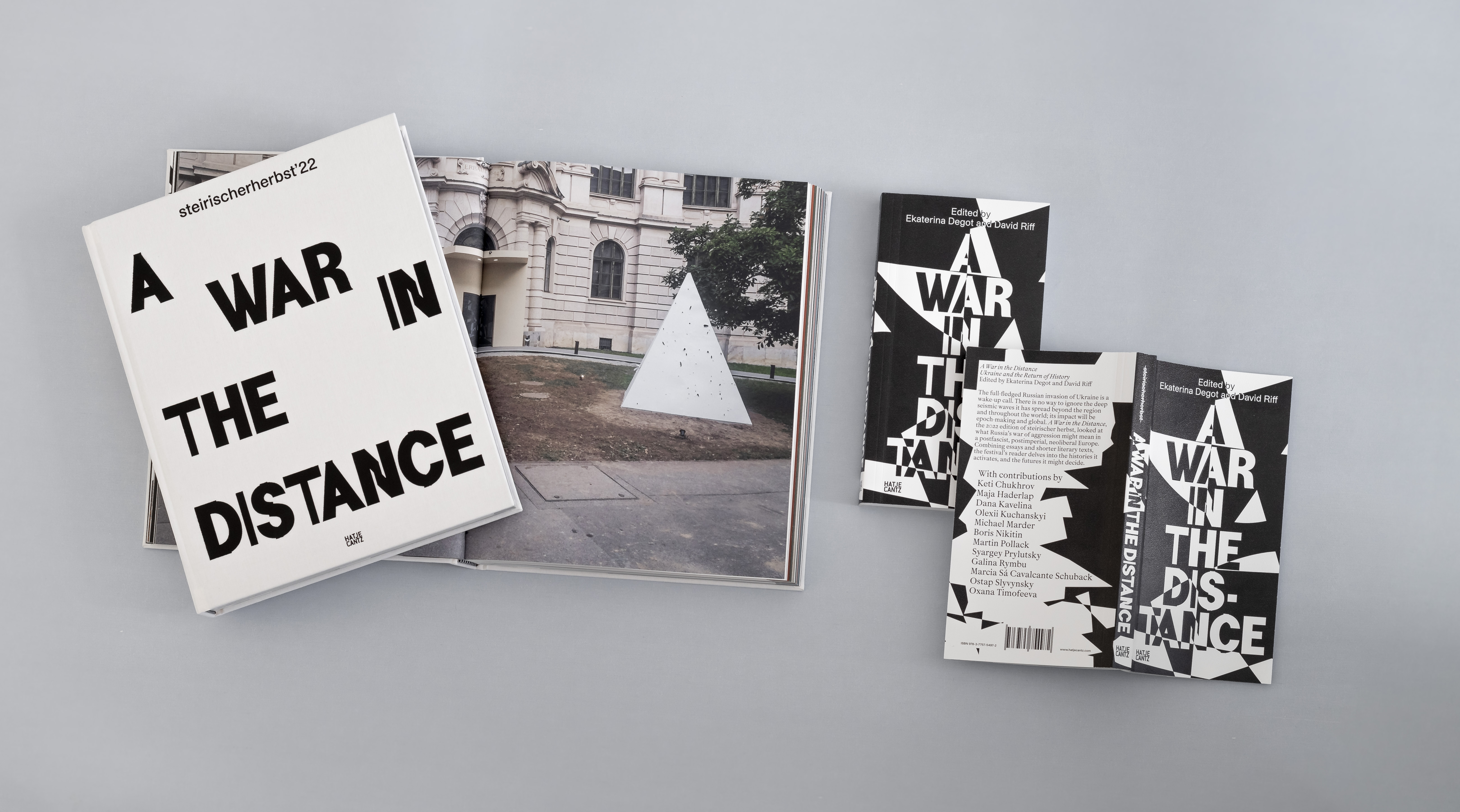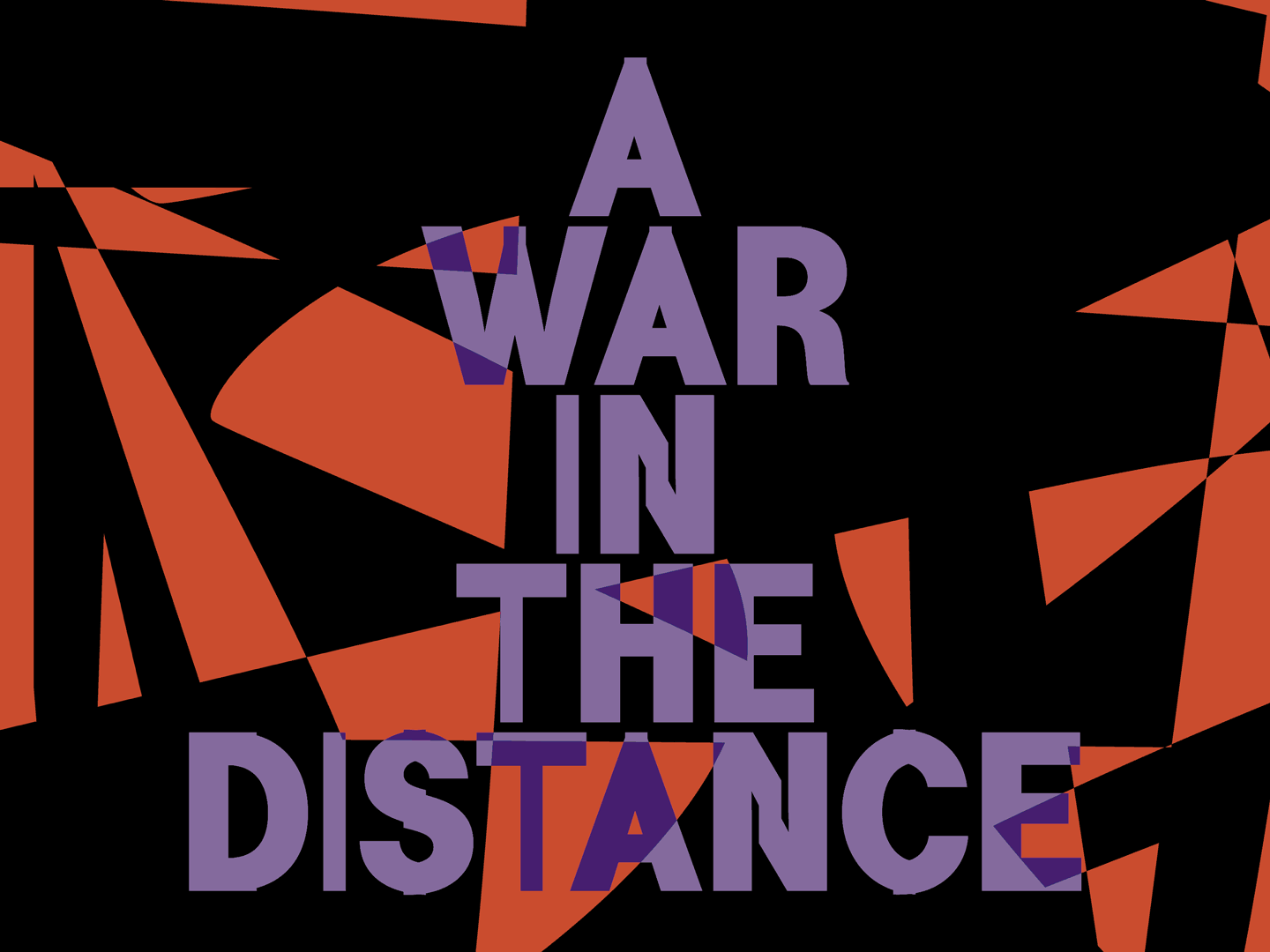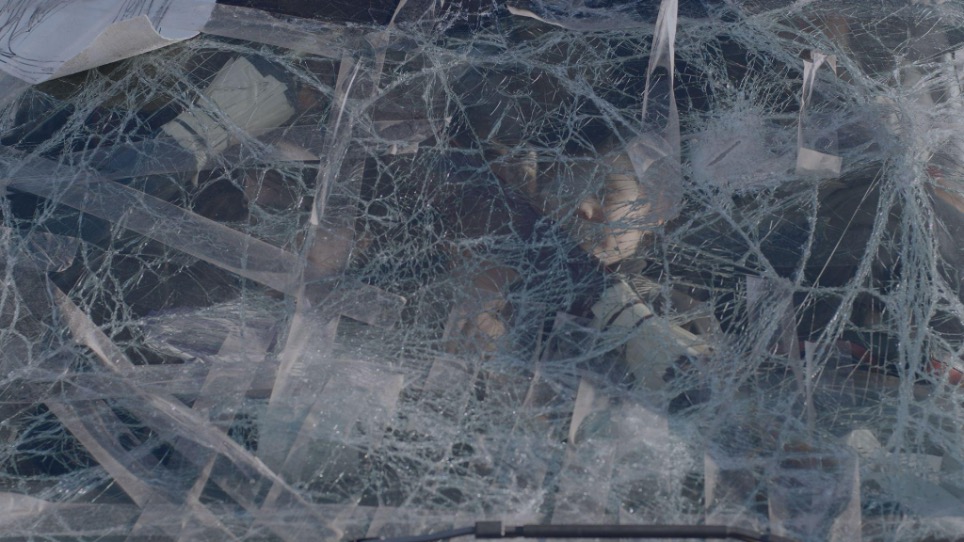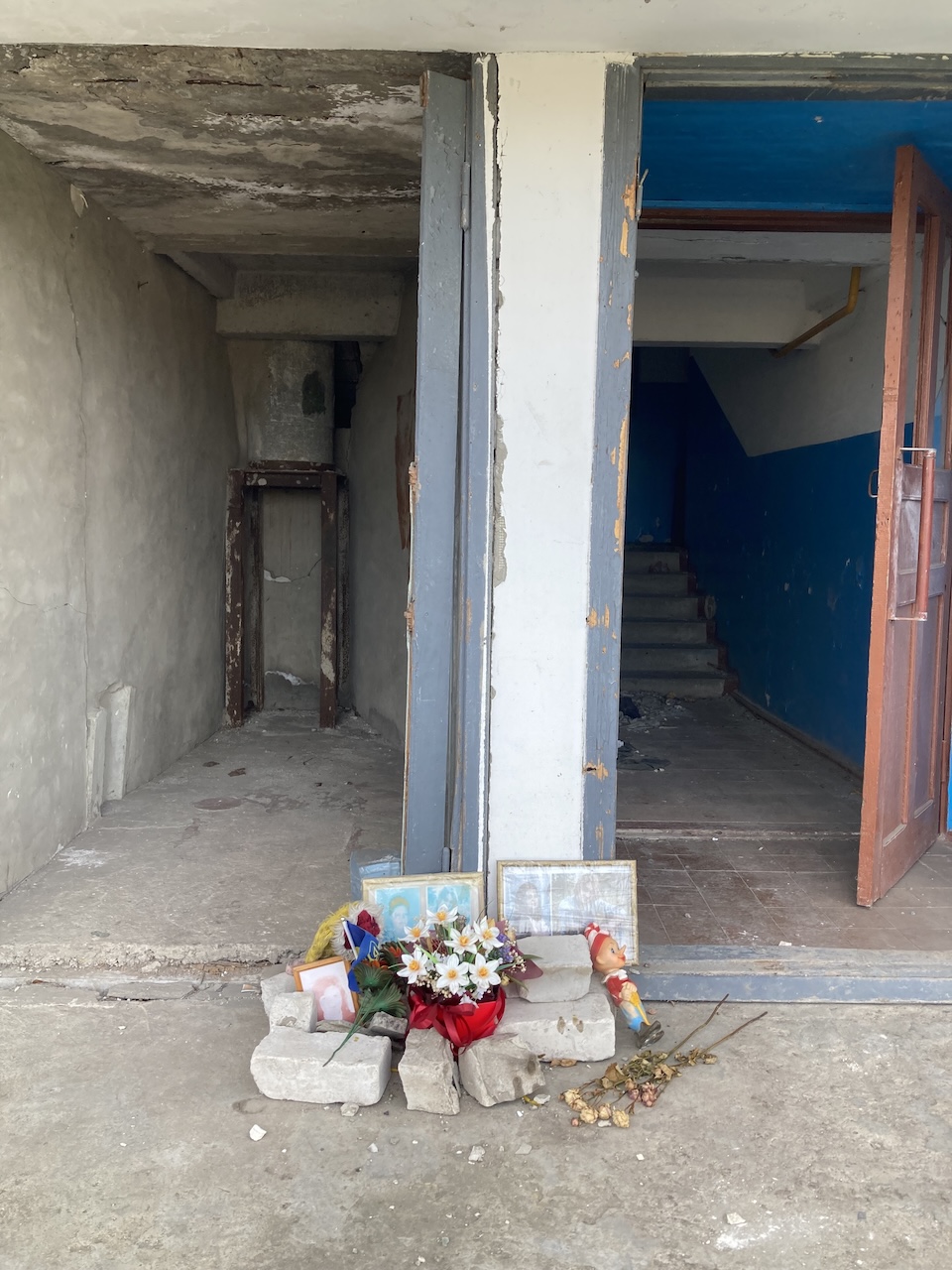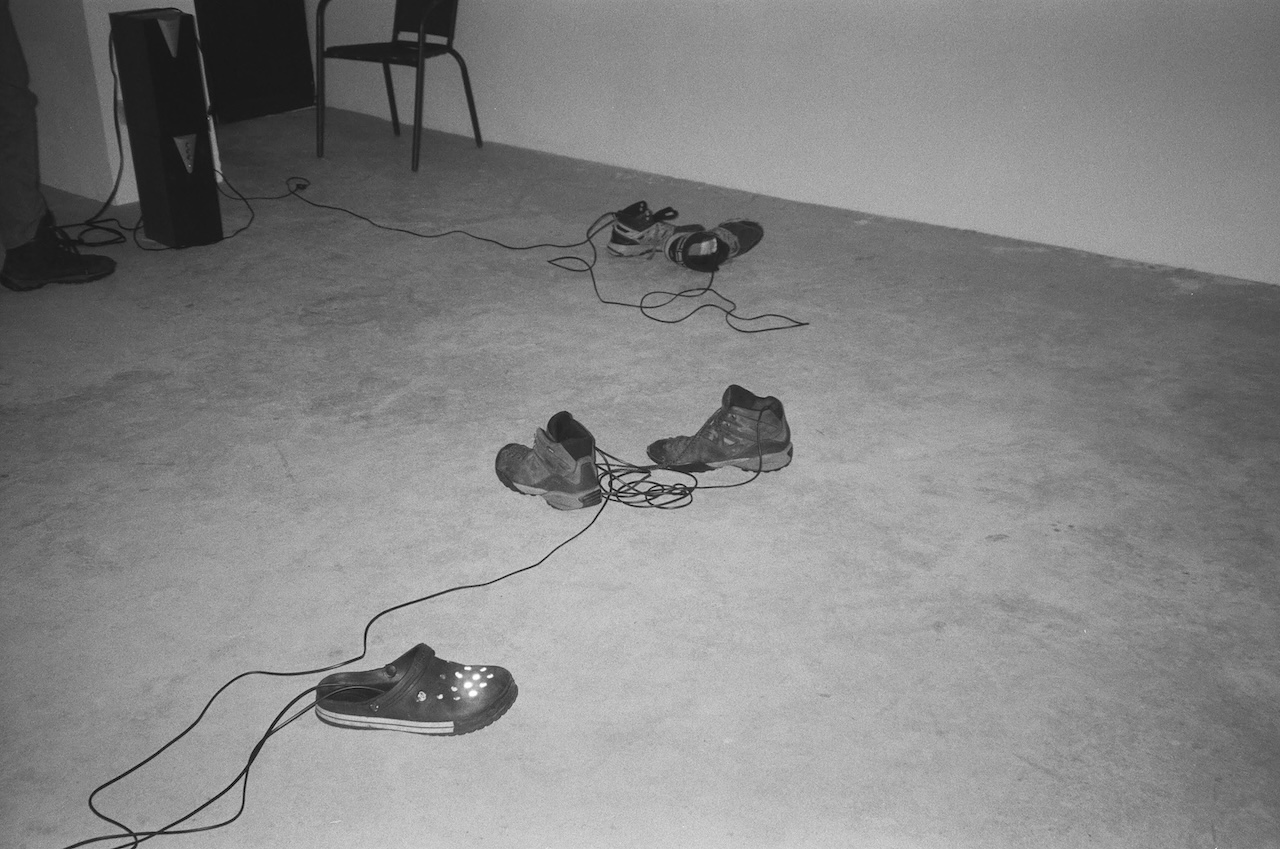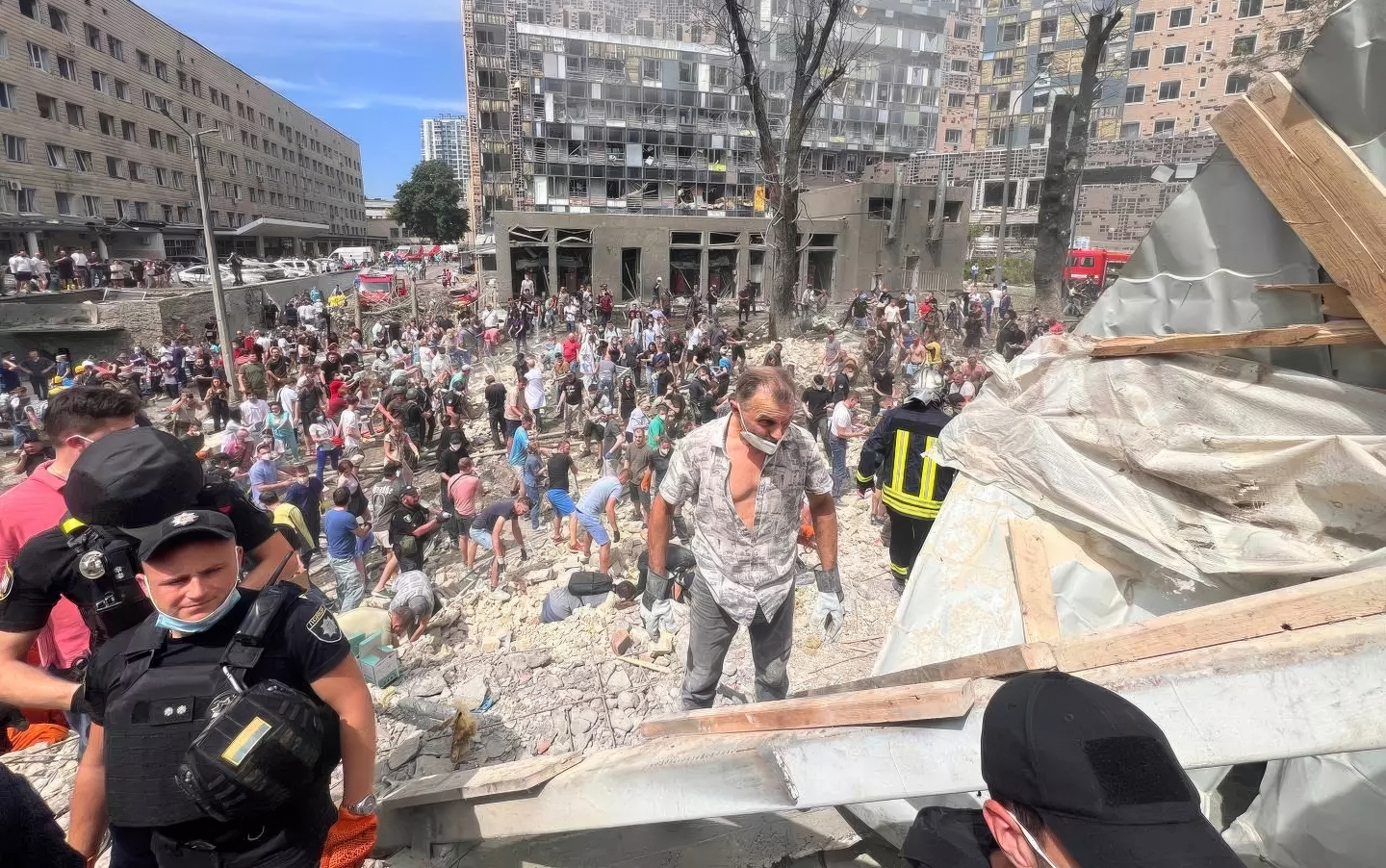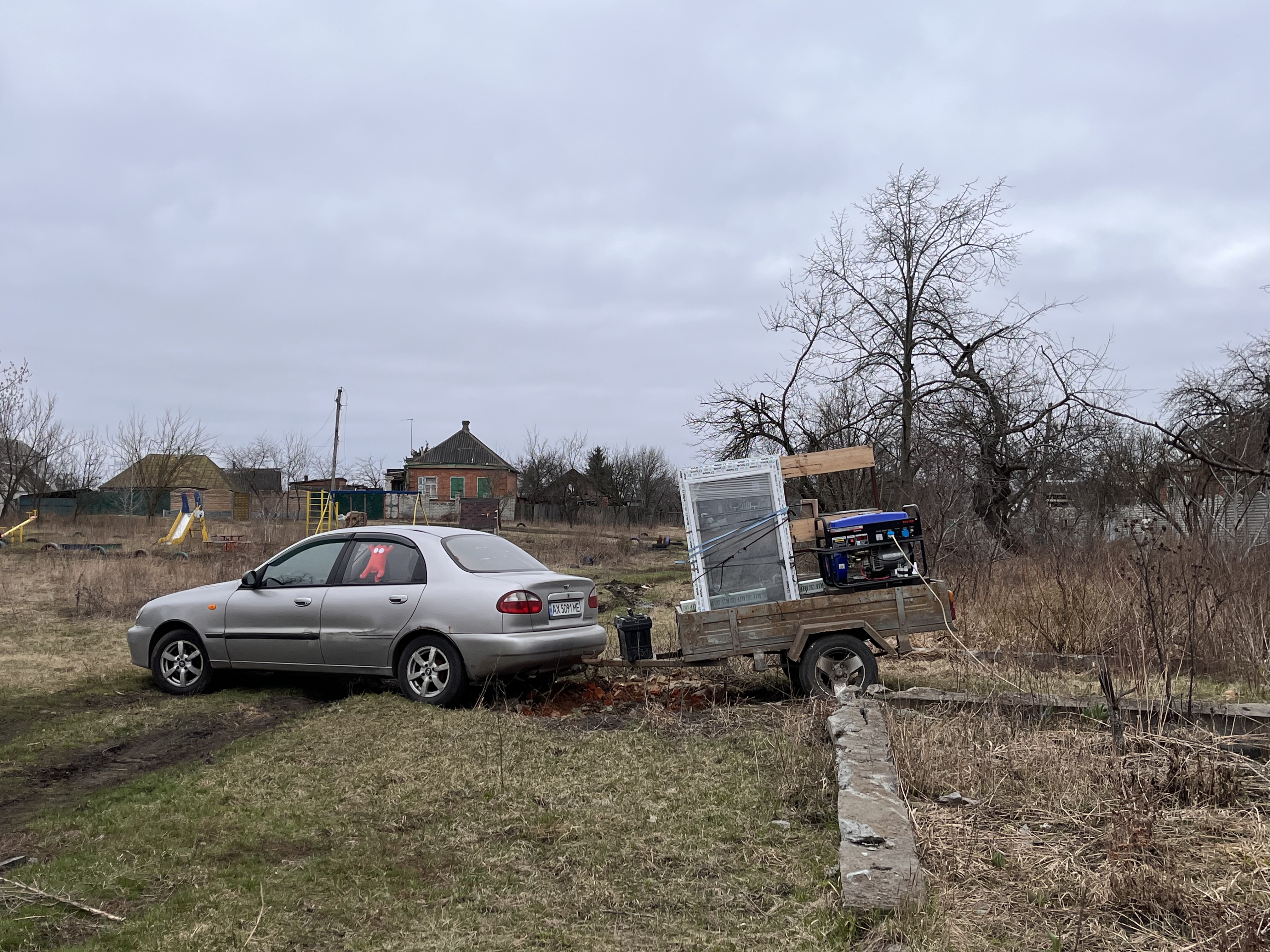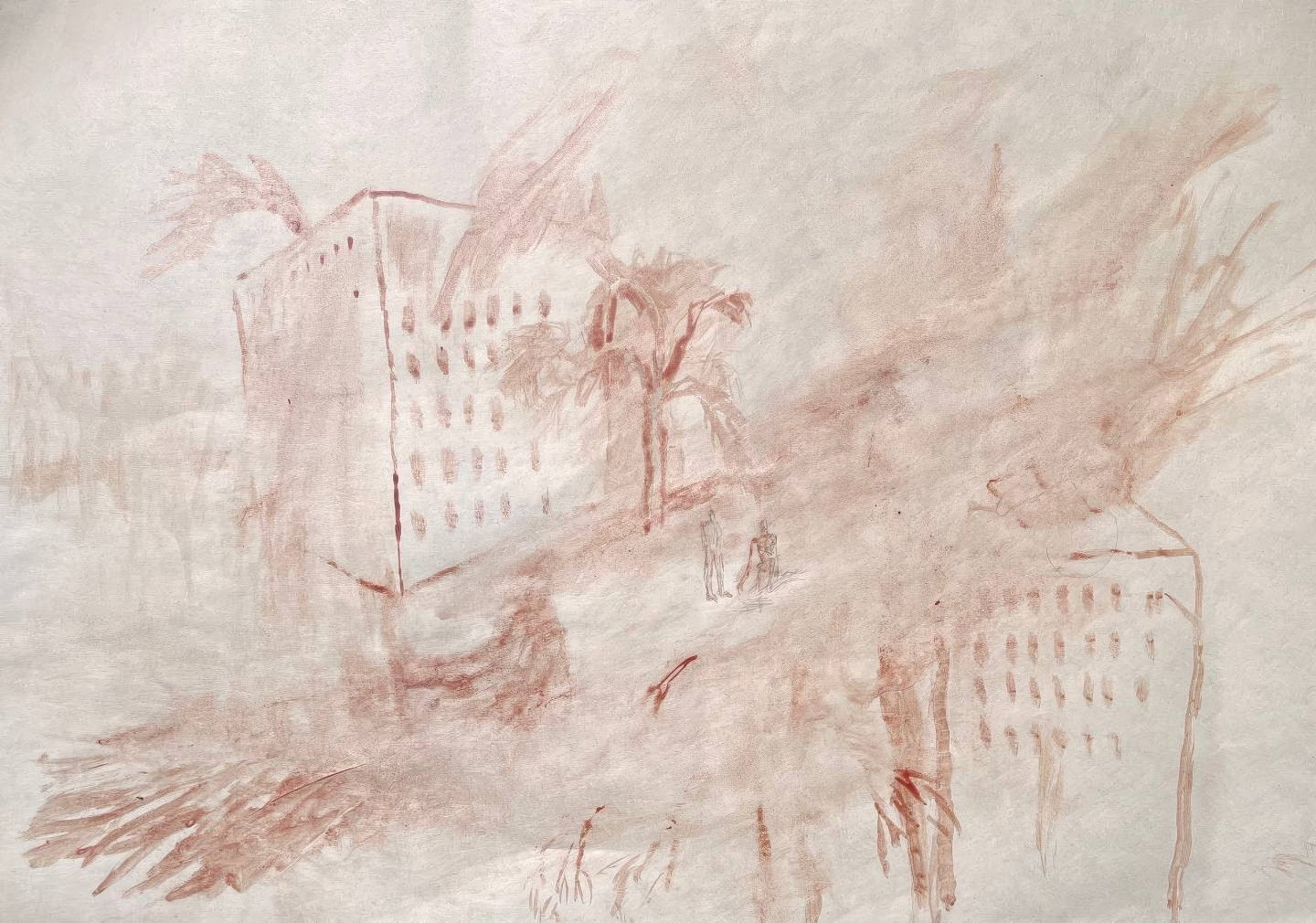
Flags of NATO and its member countries. Via Orissa Post.
Indeed, the expansion of North Atlantic Treaty Organization eastward deserves critique. For instance, this statement by Wolfgang Streeck in the New Left Review is sound: “The EU is reduced to a geo-economic utility for NATO, aka the United States … If you allow the US to protect you, geopolitics trumps all other politics, and that geopolitics is defined by Washington alone. This is how an empire works.”1
However, explaining the present zugzwang in Ukraine only through NATO expansion seems insufficient, since this tacitly assumes that such an expansion justifies Russia’s invasion as the countermeasure. Moreover, such a justification assumes the logic of two competing hemispheres, inherited from the Cold War period. It also tacitly implies that Russia and its borders are the same as the borders of the Soviet Union. In reality, NATO’s obligation before the Soviet Union cannot be the same as its present relations with a nation-state (Russia) that incessantly demonstrates the traits of a nineteenth-century empire expanding its borders.
As a reminder, the Soviet Union was a confederation of states united on the grounds of a shared decision about socialist formation and economic planning—i.e., these states shared a broad set of humanitarian values. Even though there were imperialist undercurrents in this unification, de jure and de facto the Soviet Union was not grounded merely in geopolitical or territorial interests. The Soviet Union was able to form a pole of influence (according to the balance between the two hemispheres), and it did so in the name of resisting capitalist sociality more than for any territorial advantages. Later, it was Soviet leadership that supported the decomposition of the socialist state from above. Thus, having precipitated the demise of socialism voluntarily, Soviet leadership and its post-socialist descendants lost the moral right to suggest a unification deprived of any shared political-economic ideas or the common cause of social equality. If capitalism became everyone’s “choice,” then it was clear that Russia could not compete with Euro-Atlantic advantages in social, technological, and economic spheres.
Even though the Russian Federation has tried to spin its nationalist expansionism in terms of traditionalism and Orthodox religious beliefs—which Orthodox states Georgia and Ukraine have to share—it has clearly been unable to offer its former Soviet satellites anything but forced compliance with Russia’s geopolitical interests and inclusion in a family of oligarchic kinship.
It’s thus no surprise that the former socialist countries have associated Russia with imperialist colonization and have taken pains over the last two decades to distance themselves from its orbit. Conversely, the same countries have associated parliamentary democracy, no matter how formal or illusionary it might be, with civilized and transparent social infrastructure and soft rather than hard power. The US and EU may have sought to expand their empires after the fall of the Berlin Wall, but for Ukraine and Georgia these were benign empires, whereas Russia’s revanchism has manifested its most malign features since the demise of the Soviet Union.
In this situation, membership in NATO became an existential issue for the security of Georgia and Ukraine. But even if Ukraine and Georgia hadn’t pursued NATO membership, Russia’s long-term pressure on these countries could not have been evaded. Pushing NATO away is not so much a security issue for Russia, but rather a source of leverage to prohibit the West from interfering in its hegemonic policy towards former Soviet republics that choose to exit Russia’s orbit. Moreover, if NATO expansion were Russia’s primary motivation for the present invasion, Putin would have discussed it more intensively in the last fourteen years, which was not the case. I would not exclude the possibility that the NATO issue, having suddenly become all important to Putin, might be functioning for him as a justification of last resort, not only to attack the “West” (and Ukraine and Georgia as its potential satellites), but also to consolidate his power in the midst of factional confrontations around him (for example between the security services [FSB], the financial elite, and the military).
To remain neutral, without any alliances, would cost Ukraine and Georgia dearly, given that these countries are not in the same position as, say, Sweden, Switzerland, Austria, or Finland. Negotiations between Georgia and NATO began in 1994, only after Abkhazia and South Ossetia seceded from Georgia in 1993. These regions remained unacknowledged, without any status, until 2008 when Russia blitzkrieged Georgia and endowed them with de jure independence. No surprise then that as early as 1999, at the EU general assembly, Georgian prime minister Zurab Zhvania said: “I am Georgian, therefore I am European.”2 A 2008 referendum in Georgia resulted in a 77 percent pro-NATO vote. In 2011, Georgia acquired the status of “aspirant country” for entry into NATO.
Indeed, the 2008 blitzkrieg by Russia can be seen as punishment for this referendum. But Georgia would have been punished even if it had not held such a referendum, since it insisted on its utter sovereignty and linked its own emancipation to the EU. The problem that must be faced is that Russia’s ambitions for the geopolitical carcass of the former USSR without socialist ideas have turned the malign imperialist aspects of the Soviet Union into the most toxic variant of nationalist imperialism. The now-common mantras in Russia that “Ukraine and Russia are one nation,” or that “Georgia is the former region of the Russian empire,” or that the historical borders of Russia equal the borders of the USSR, leave little doubt about this.
Of course, for a regular resident of France, Germany, or Belgium, the claims of Georgians or Ukrainians about being Europeans might seem naive. I have often encountered a condescending smile on the face of American and EU colleagues when mentioning this. For the EU though, such aspirations have functioned for years as an important platzdarm to spread “proper democracy” eastward by means of instigating vague hopes about future EU membership. NATO’s policy in relation to Ukraine and Georgia has been similar: the status of aspirants could be prolonged for an indefinite period and be used in various bargains with Russia.
The problem lies in the following gap: The requirements for membership in the EU and NATO are mainly administrative, infrastructural, economic, and judicial, meaning they demand meeting a long list of bureaucratic criteria. At the same time, the encouragements these countries have received from Washington and Brussels have given them the illusion that they already belong to “advanced democratic civilized contemporaneity.” Today is the moment when hesitations about concrete decisions—either admitting Ukraine and Georgia into NATO and the EU, or abstaining from futile encouragements—have much higher stakes.




